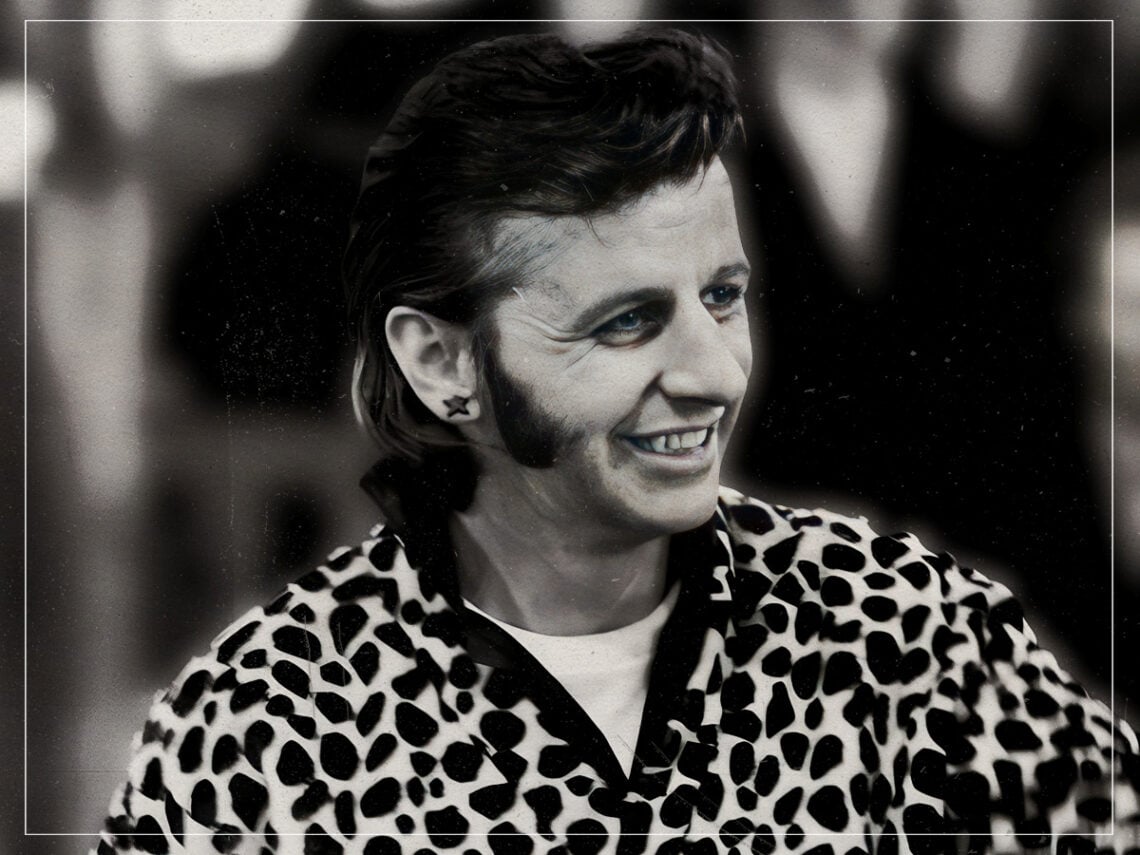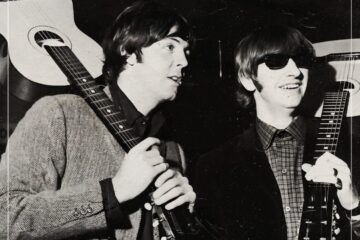Actors dabbling in music and musicians dabbling in acting has been a regular trend for decades, and The Beatles were no different. The majority of their collective filmography sees them doing little other than playing themselves, but once the band went their separate ways, Ringo Starr emerged as the most prolific actor by far.
In the interest of fairness, Fab Four flicks A Hard Day’s Night, Help!, and Magical Mystery Tour should be omitted from consideration because it was hardly a stretch for Starr, Paul McCartney, John Lennon, and George Harrison to bring their real-life personas and interpersonal dynamics to the screen.
Once the dust had settled on The Beatles’ short but transformative career, which completely altered the face of music forever, Starr ventured further into acting than the other three. He comfortably racked up the most credits and took on the widest array of projects, but did that make him the finest thespian of the bunch by default?
McCartney was never all that concerned with stretching his acting chops, with his entire fictional filmography extending to a cameo in a Pirates of the Caribbean sequel and Give My Regards to Broad Street. Even at that, the latter was semi-biographical in nature and panned by critics.
John Lennon won decent notices for playing Gripweed in Richard Lester’s black comedy How I Won the War, but that was it. Harrison, meanwhile, was easily the most successful of the quartet in the film world, but not as an on-camera talent. He co-founded HandMade Films and produced several classics, including Monty Python’s Life of Brian, Time Bandits, The Long Good Friday, and Withnail and I.
Ironically, though, A Hard Day’s Night director Lester thought he was the best of them all. “George, I think, was the most effective actor all the way through,” he said. “He attempted less, but he always hit it right in the centre, and I always knew what I was going to get with George.”
Starr made some awful movies, but producer Walter Shenson nonetheless saw him as “a superb actor” and “an absolute natural”. Maybe only in microcosm because his efforts in the likes of the 1985 Caribbean comedy Water, the bawdy romp Sextette, the anarchic slapstick caper Caveman, the star-studded sex farce Candy, and Frank Zappa’s surrealist curio 200 Motels were hardly the recipients of widespread acclaim and adulation.
On the other hand, Starr showed himself to be more than a self-indulgent superstar acting for little more than shits and giggles in Peter Sellers’ farcical satire The Magic Christian and cult classic musical Son of Dracula, while he even played the Pope in Ken Russell’s bizarre Lisztomania, became a gunslinger in spaghetti western Blindman, and acquitted himself well in Bafta-nominated drama That’ll Be the Day.
He lent his name to some wretched works of cinema, but in all honesty, who hasn’t? Every actor gives a shitty performance at least once during their careers, and seeing as he wasn’t even a professional, Starr did a remarkably solid job of carving out a decent secondary career for himself.
Realistically, he wasn’t the best performer in the movies where The Beatles played themselves. However, based entirely on the range and versatility he showed compared to McCartney, Lennon, and Harrison, he was far and away the most accomplished actor of the lot.



